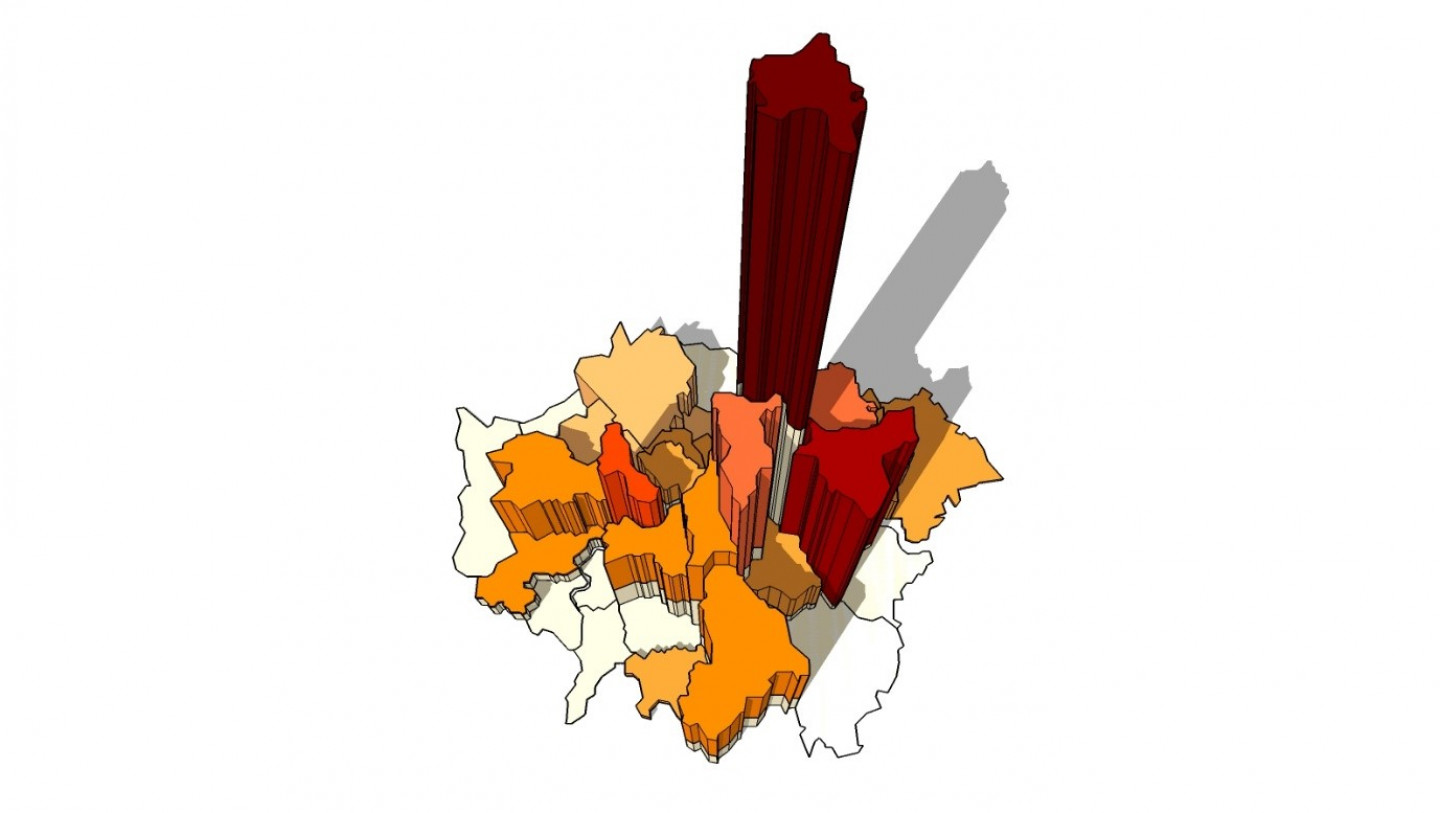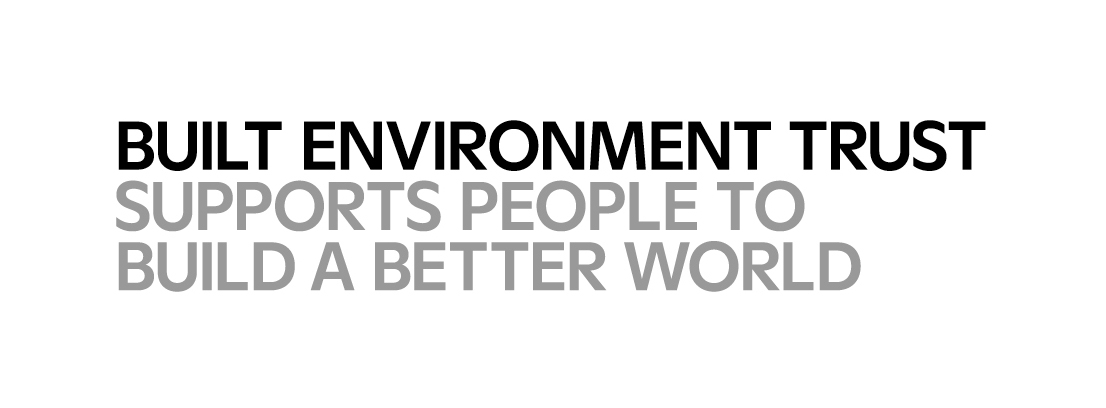Due to escalation of public health measures to contain the spread of COVID-19 we have decided to postpone this event. We will update the event date shortly.
The second in a series of EDGE debates entitled Cities, Climate and *Critical Urban Infrastructure: Climate Responsive Urbanism.
The overall series explores the consequences of current practices in building, urban design, planning, regulation and policy on critical urban infrastructure. We will discuss how we can harness the often overlooked interactions of built form (the dimensions of buildings and their placement in relation to each other), urban climate and energy both in its natural expression (temperature/wind/sunshine) and those of building needs (cooling/heating loads), whilst addressing our collective responsibilities in this time of climate emergency to create net-zero carbon, healthy and resilient cities.
The intent of this series is to integrate existing knowledge across disciplines, identify gaps in current knowledge and practices, and explore solution pathways for policy and better practice.
This event explores different aspects of urban density; its impact on climate, energy use and value and the challenges it presents to planners and environmentalists.
Speakers:
- Rohinton Emanuel, Glasgow Caledonian University
- Philip Steadman, UCL Energy Institute
- Lucia Cerrada, London Borough of Tower Hamlets
- Nicholas Falk, The URBED Trust
- Rosie Whicheloe, London Wildlife Trust
Chair: Michael Hebbert, Bartlett School of Planning, UCL
Convenor: Richard Lorch, the Edge
Please come and contribute to the discussion. To attend please register here.
The *Critical Urban Infrastructure Framework offers an overarching approach towards climate responsive urbanism that recognises that the components of urban systems are both highly integrated and interdependent. Whereas the traditional approach to the design, use, and environmental management of our cities focuses on green, blue and grey infrastructure, often in isolation, the critical approach accounts for the interdependencies between built form and function (e.g. the dimensions of individual buildings, their occupation patterns and urban layout), outdoor and indoor climates, energy demands and waste generation, etc. Critical infrastructure also includes the urban commons and the use, preservation and access to our collective shared resources (e.g. daylight, ventilation, air quality, etc.), to create comfortable healthy environments and encourage more sustainable urban practices.
This event is organised by the EDGE group and supported by the Built Environment Trust



